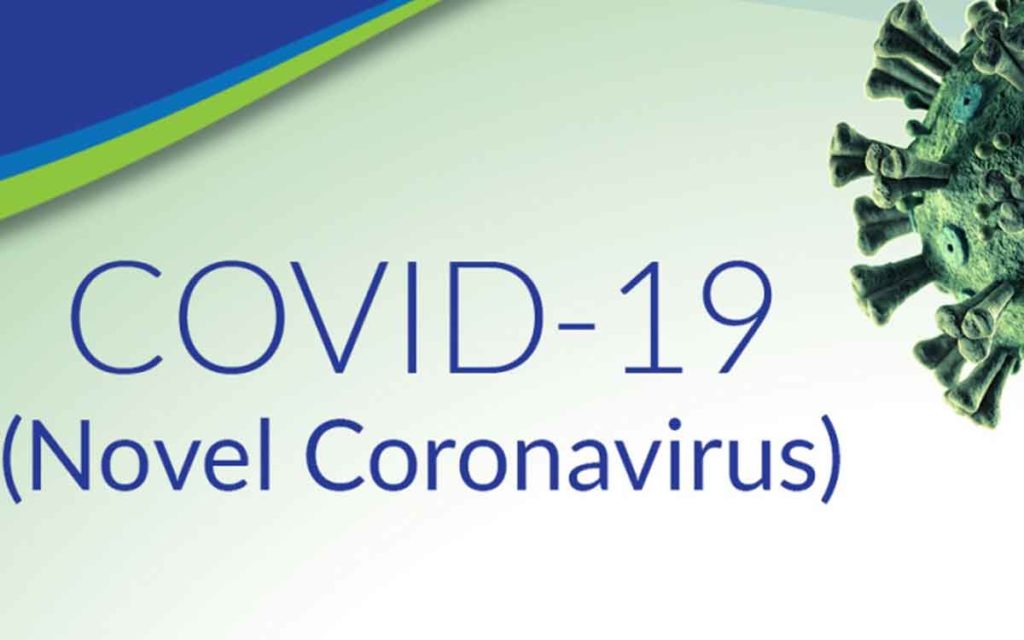
The Niagara region continues to try and flatten the curve of the rising number of cases of COVID-19. As of last night there were a total of 189 cases in Niagara with 10 new cases reported on Thursday and 18 new cases reported on Wednesday. A total of 66 cases have been resolved and 10 people have died in Niagara as a result of the virus according to Niagara’s Public Health Department. There are more than 5,200 cases across Ontario and 174 deaths.
The Region’s public health department is also tracking how those people who tested positive were exposed to COVID-19. The data shows that “Close Contact” is inching towards 40% at 38.1%, while travel related is 35.4% and community transmission is about a quarter of the cases at 25.4%. Niagara’s long term care homes and retirement residences continue to be hammered with COVID-19 with six facilities in outbreak.
Niagara’s acting Medical Officer of Health Dr. Mustafa Hirji, has taken some heat on social media and by some media outlets for not being more transparent and reporting more data to the public. Recently, Niagara’s Public Health department has started to release more information. In a statement Dr. Hirji said, “Ensuring the public has the information to understand their risk is core to Public Health’s mission, but we’re also duty-bound to protect privacy.” He went on to say, “Up until this point, we have been dealing with very small numbers in certain areas like deaths related to COVID-19, and it can be difficult to maintain anonymity. When someone loses a family member, it’s a painful and tragic event, and it’s important to ensure that individuals, families and communities aren’t stigmatized.”
With the Easter long weekend now upon us, officials federally, provincial and locally are strongly encouraging residents to continue to practice self-isolation, as tempting as it may be to visit friends and family.
Contact Niagara Region Public Health by calling 905-688-8248 (press 7, then press 2) or toll-free at 1-888-505-6074 if you have a fever, new or worsened cough, sore throat, runny nose, nasal congestion, or shortness of breath and difficulty breathing. COVID-19 is often very mild, and minor symptoms should not be ignored.
The best way to prevent the spread of respiratory viruses, including COVID-19 is to:
- Avoid all non-essential trips into the community
- Wash your hands often with soap and water or with alcohol-based hand rub
- Practice physical distancing by avoiding unnecessary close interaction with others
- Stay home if you’re sick
- Cover coughs and sneezes with a tissue or sleeve
- Clean and disinfect high-touch surfaces daily. Use a disinfectant with a drug information number (DIN) and follow manufacturer’s instructions.
- Call ahead if visiting your health care provider for infectious symptoms so they can plan to protect others from spread




















